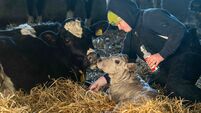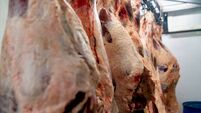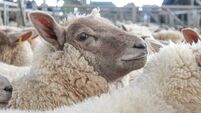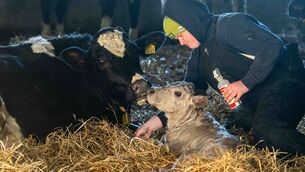Farm View: Where are the profits for Irish dairying supposed to come from now?
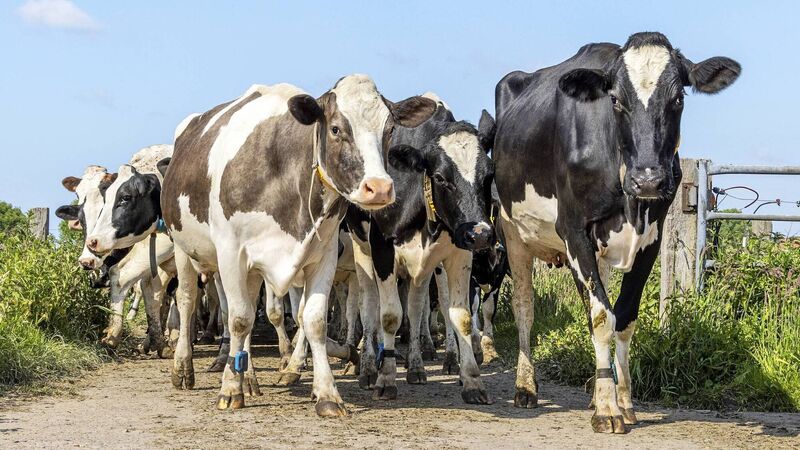
Stubbornly high milk production costs still leave farmers having to work harder and manage larger operations just to preserve their standard of living, writes Stephen Cadogan.
Dairy farms that can break free from the expansion-driven model may be better positioned for long-term success, advised Philip O'Connor, Head of Farm Support at ifac, in the group's 2025 Irish Farm Report.
He explained why finding this balance between scale, efficiency, and sustainability is the challenge of the coming years.

